“Systemic and cultural barriers” stop progress of people of colour finds new report
Senior BBC leaders in radio news have warned that the corporation will never hit the director-general’s 20 per cent target for people of colour to climb to the top their profession.
Nina Robinson, an experienced former BBC radio journalist, carried out the three-month study, using the Freedom of Information Act and the BBC’s annual reports to get the data.
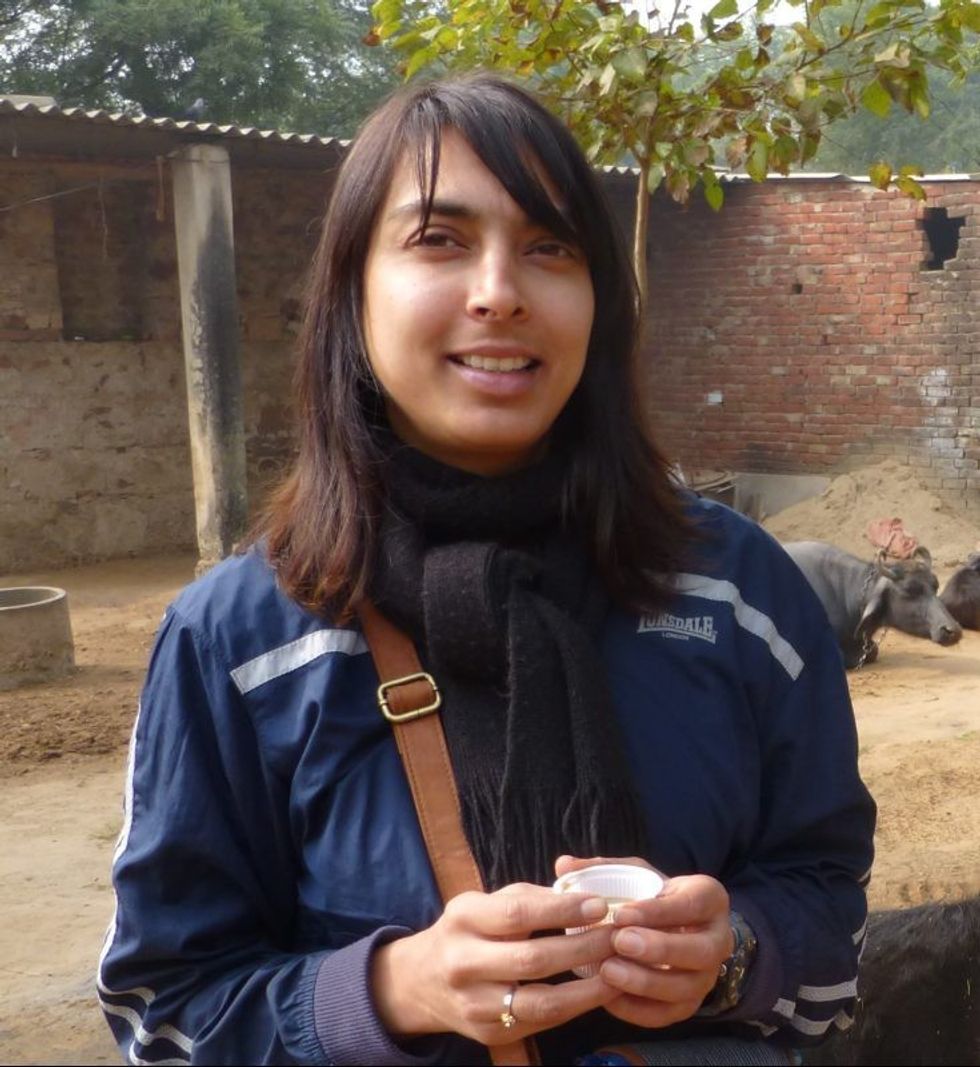
Of the 118 assistant editors, editors, heads of radio news and directors of regions only six per cent who worked in news were non-white in England, Scotland, Wales and Northern Ireland.
That figure went up to eight per cent in current affairs.
“I asked all of my research participants for this study whether they thought that it was likely that that 20 per cent target will be met,” Robinson told Eastern Eye.
“There was broad agreement that on ethnic diversity of senior leadership level that it was unlikely to be met.”
All-white newsrooms
The FOI data obtained by Birmingham City University’s Sir Lenny Henry Centre for Media Diversity, revealed the extent of the BBC’s problems.
Not one senior leader working in radio news in Scotland, Wales and Northern Ireland was non-white.
The situation is not likely to be remedied because radio newsrooms in Scotland or Northern Ireland were all-white.
“This is outrageously bad,” said one former senior south Asian journalist who spoke on the condition of anonymity.
“We know that in 2011, four per cent of Scotland were of colour, so are you telling me that the BBC, which relies on a public tax, can’t find talented black and Asian broadcast journalists to work in its newsrooms?”
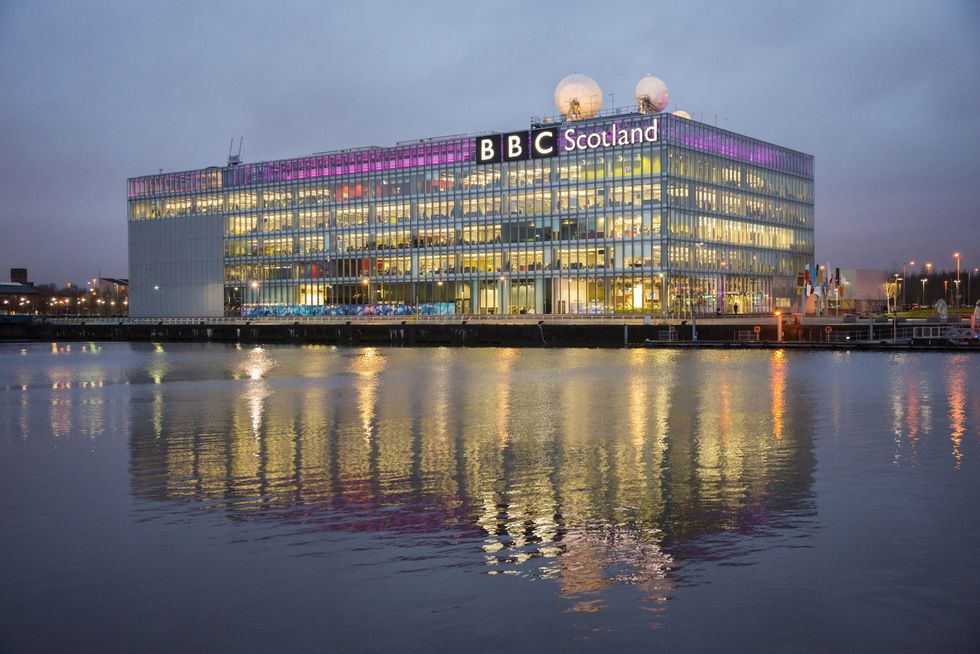
Robinson’s research also found disturbing evidence that in one of the most diverse cities in England, its newsroom was all-white.
She would not reveal the place, but 40 per cent of this city is an ethnic minority.
This paper understands that at least one radio newsroom in England has no person of colour, and there several BBC local radio stations where not one single senior leader is black or Asian.
BBC response
In response, the BBC told Eastern Eye that it did not recognise “all of the figures in this report”.
It responded, “Some of the data in the report appears to come from a sample survey of 118 members of BBC staff.
“Wider conclusions are therefore drawn from a non-representative sample. The conclusions drawn from this data are incorrect.”
Eastern Eye has learned that the corporation is questioning the report’s assertion that radio newsrooms in Scotland, Wales and Northern Ireland were “all-white”.
A BBC spokesperson said, “The BBC publishes more data on the makeup of its staff than any other broadcaster with a full breakdown in our annual Equality Information Report.
“We know we have further to go, and we are fully committed to being an inclusive and welcoming organisation which reflects the diversity of the UK both on and off screen.
“We have clear targets to increase representation in our new Diversity and Inclusion Plan, published earlier this year.”
Sources have told Eastern Eye that there are currently just three minority BBC local radio managers out of 39, all south Asian, and one of these is an interim appointment.
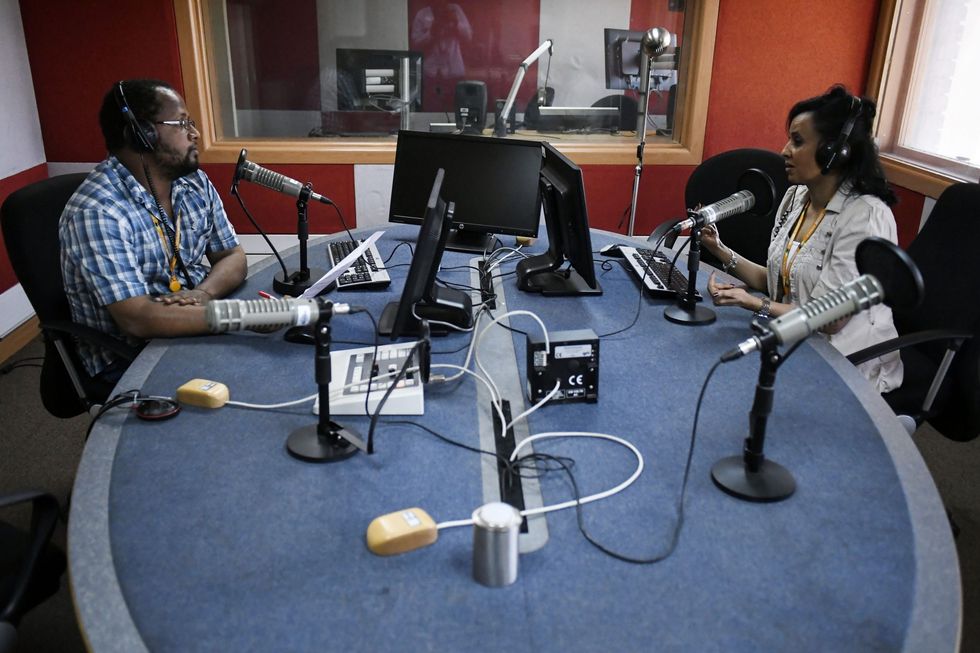
Of the directors who oversee local radio, only one is of colour.
Eastern Eye also understands that the position of another senior leader in BBC radio news is under threat.
They could be made compulsorily redundant because the BBC merged their role to save money.
Hiring process
Robinson spoke to five senior leaders and three journalists and said the study was a snapshot of what was happening in the BBC radio news.
“One white senior leader said she had been on countless hiring panels, and she detailed examples of how the system was skewed against some candidates,” she said.
“People were being weeded out of tasks that were just designed for one particular person, because that was their preferred candidate that managers were hiring, because they like to certain people.”
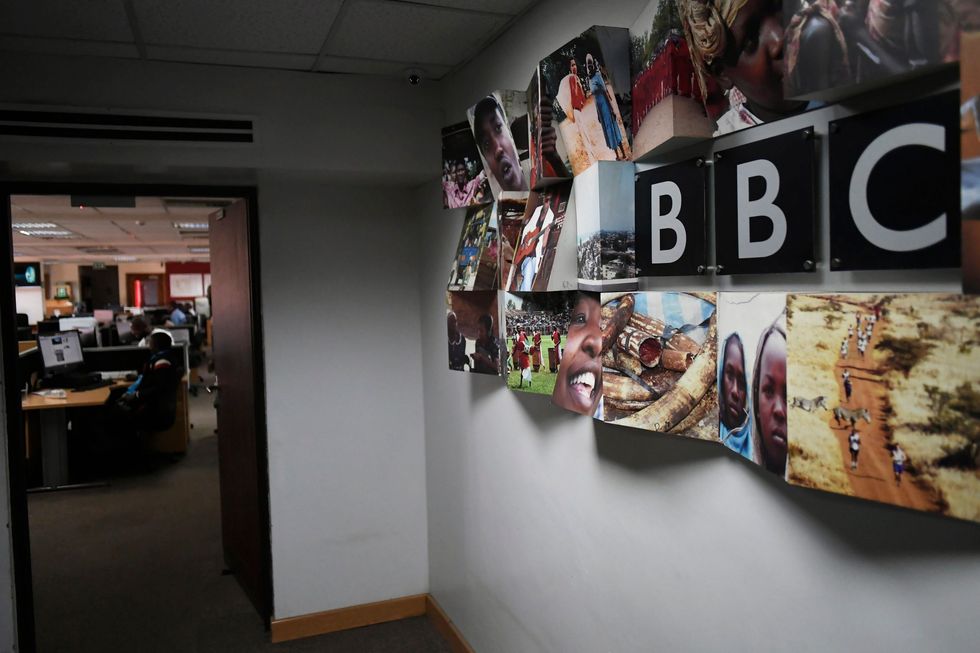
Her report concludes that the lack of non-white journalists in radio newsrooms means “journalistic output has been impacted by non-representative newsrooms, examples of coverage lacking cultural sensitivity and nuance detailed.”
The study highlighted the regional television journalist who use the N-word in a report, and the handling of a complaint of partiality levelled at BBC Breakfast’s Naga Munchetty.
Non-white journalists describe a BBC which is non-inclusive “causing them mental health issues and a desire to leave their jobs, either to seek work elsewhere or to leave journalism altogether”.
One black radio journalist told Eastern Eye that people of colour had to work “10 times as hard” as white colleagues.
“The management’s position is that white workers can do no wrong, so they’ll hire mediocre white guys while we have to jump through hoops to prove our worth,” they said.
“Don’t even think about climbing the corporate ladder. It’s just a waste of time.”
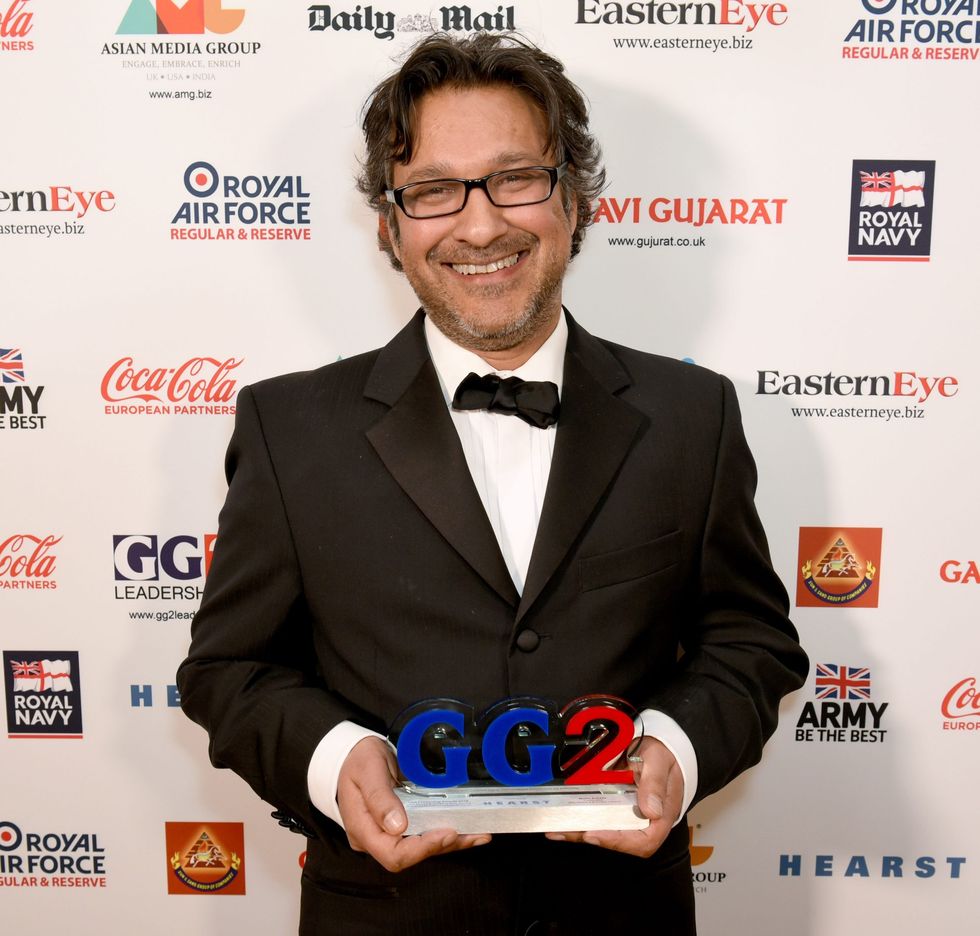
The report’s author described the experiences of one senior leader.
“One of them had actually been through one of the BBC’s development leadership schemes,” said Robinson.
“She would be mentored, she had all of these skills, she would apply for jobs, and the result would be that she didn't get the job.
“So, the scheme tells you to pivot, right?
“She would pivot, apply for other jobs, gain any necessary experience, not get the job.
“It got to the point where she would just pivot and apply for a job outside the BBC, got the job, because they thought she was amazing.
“She got the job and left the BBC, and she said, she wasn't the only one that that had happened to on the scheme.
“Journalists of colour do not want to be treated differently. They want to just be treated equally.”

















 Kulsuma Aktergetty images
Kulsuma Aktergetty images
Police may probe anti-Israel comments at Glastonbury